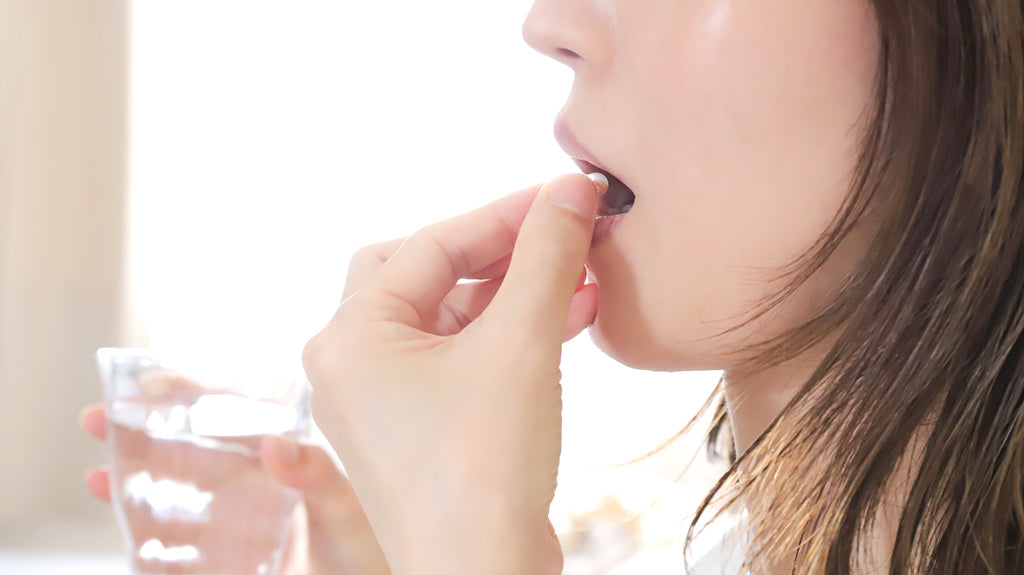Do we need supplements as we age?

As we age, we naturally become more conscious of our health and beauty.
In particular, for women in their 30s to 50s, getting a balanced diet in the midst of busy daily lives can be a big challenge.
Here an important question arises:
"Do we actually need supplements?"
In this column, we will delve deeper into the role and necessity of supplements, and consider the importance of how to choose and use supplements that are appropriate for us as we age.
|
|
▶What is the secret to maintaining beauty and health? Filling the nutritional gap with supplements

Our lives are so busy and full that we don't always have time to enjoy a balanced diet.
Because of this, many people are not getting enough of the nutrients they need.
In today's modern diet, the prevalence of processed foods and diversification of food means that we tend to lack important vitamins and minerals.
Furthermore, daily stress and disruptions to daily routines can hinder the absorption of these important nutrients, affecting our health.
As we age, our bodies change: our metabolism slows and our need for certain nutrients increases.
For example, calcium is essential for bone health, and vitamin D is essential for beautiful skin. For women approaching menopause, the importance of proper nutrition becomes even more important.
Making good use of supplements can help fill in these nutritional gaps that cannot be met through your daily diet and ensure your health.
Supplements are an excellent way to support our health and play an important role alongside our daily diet.
To overcome the nutritional challenges of our busy modern lives and meet your nutritional needs as you age, consider using supplements.
▶ Effective use of supplements to protect your health

So how can you get the most out of your supplements?
The best way to take supplements is to understand exactly what your body needs.
Understanding your health, daily diet, lifestyle habits, and unique health challenges and goals is the first step in choosing the best supplement for you.
For example, if you are iron deficient, iron supplements are effective, and if you live in an area with little sunlight, vitamin D supplementation is effective.
Next, it's important to learn about supplements from trusted sources.
The market is full of different types of supplements, but not all of them are necessary or right for you.
Be sure to gather evidence-based information about the ingredients, effects and side effects, and consult a doctor or nutritional expert if necessary.
Plus, incorporating supplements into your daily routine will make it easier to continue using them.
Getting into the habit of taking it at the same time each day will help you remember to take it regularly.
However, it is important to remember that supplements should only be thought of as a supplement to a healthy diet and lifestyle, not a replacement for them.
Finally, to maximize the benefits of supplements, it is useful to self-monitor: record any changes in your physical condition since starting the supplement and evaluate whether you are getting the desired results, so that you can adjust your intake or switch to a different supplement if necessary.
By using supplements wisely, you can improve your health and quality of life.
▶ Summary
Balanced nutrition is key to maintaining good health and vitality.
However, it can be difficult to get all the nutrients you need from your daily diet alone.
This is where supplements can help, but they should only be used as a supplement to your diet and not as a replacement for it.
It is important to choose supplements that are tailored to your individual health condition, and it is recommended that you seek the advice of a specialist. By using supplements wisely and maintaining a balanced diet, you can live a fulfilling life.
In my next column, I'll dive deeper into how to choose supplements and use them safely.
Use supplements wisely to help you live a healthier lifestyle.



